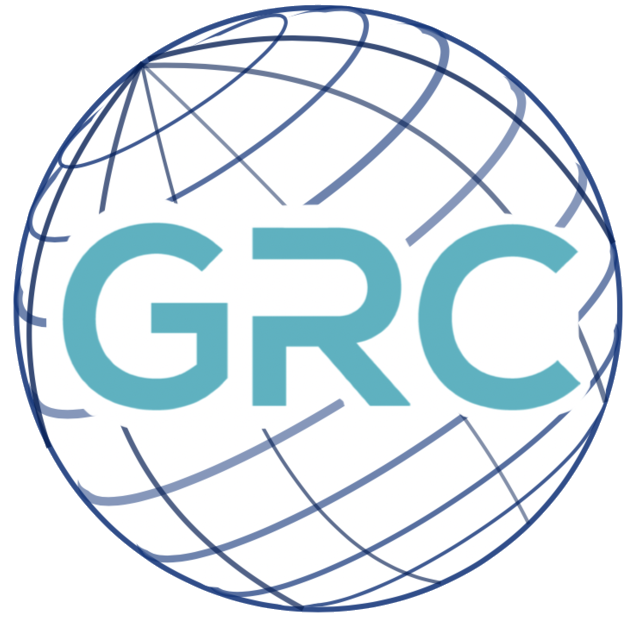By Alex Meng
Meet GRC’s AC Transit team! Led by project manager Luke Matsui, this dynamic team consists of Divya Venkataraman, Arav Sachdeva, Neha Suresh, Inseo Yang, Gabriela Sanchez, and Cindy Xue. The team has been working tirelessly with a focus on developing tools to measure and quantify carbon emissions, helping AC Transit evaluate the environmental impact and fiscal feasibility of its decisions while planning for a more sustainable and efficient future. By combining data-driven insights with forward-thinking strategies, the team aims to position AC Transit as a leader in sustainability within the public transportation sector.
AC Transit, or Alameda-Contra Costa Transit District, is a public transit agency serving the East Bay region of the San Francisco Bay Area. Being the largest public bus-only system in California, it operates a network of buses providing essential transportation for commuters, students, and residents. The agency is committed to sustainable practices, including reducing carbon emissions and exploring zero-emission bus technology. Post-COVID, AC Transit is addressing challenges like decreased ridership and system realignment to optimize service while continuing to think about the role it plays in environmental and social sustainability. As one of the largest transit agencies in the U.S., it plays a vital role in connecting communities and supporting regional mobility.
Due to the technical scope of the project, essential skills that team members have to attain include ArcGIS, Data Scraping, Web Dev, R, and ArcPy. Despite the technical skills required, Luke points out that this challenge helps everyone, including himself, develop the essential skill of learning how to learn. Making mistakes is not only a necessary part of building a successfully-running model, it is also where members improve their skill sets, both technical and relational.
One of the biggest strengths of the team is adapting to evolving scenarios quickly and building off each other’s strengths. Having three subprojects, consultants on each subproject are given more individualized tasks so they can develop an expertise in their subproject’s work as well as develop skills that they have expressed they want to develop. Although most of the project work is individual, the team utilizes project meeting time to ideate the impact behind collaborative findings, as well as to get to know each other better as a team.
AC Transit’s mission to enhance mobility, prioritize sustainability, and support community well-being mirrors GRC’s mission to solve complex, socially impactful challenges through data-driven insights and collaborative teamwork. To Luke, having an opportunity to help solve these future-looking problems while developing our own skills, as well as spreading his knowledge not only to the client but to train younger GRC members who will bring the skills they learned into future projects, is a win-win-win. And THAT is what drives GRC.

No responses yet